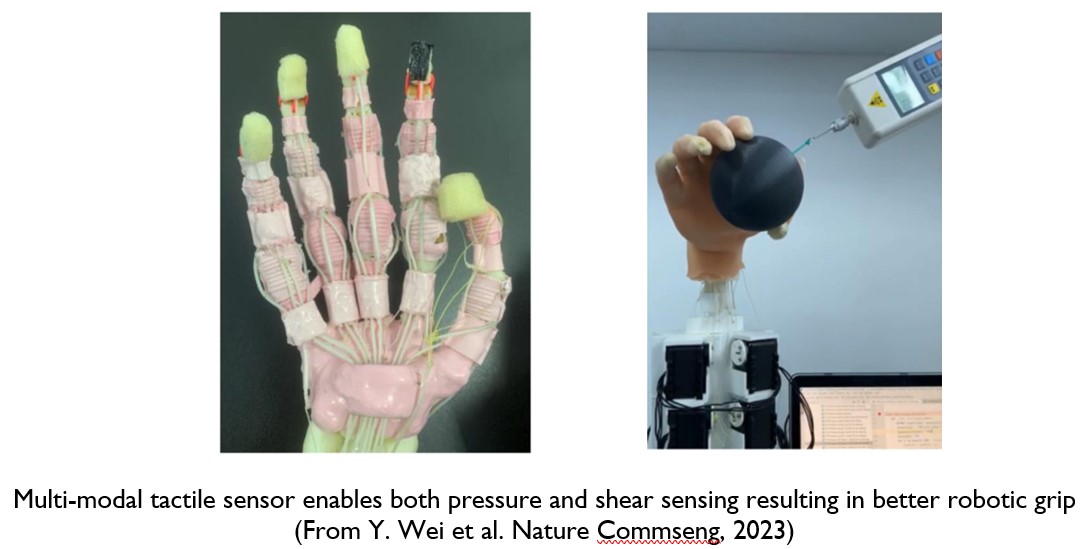Nano-Newton Resolution Multi-Modal Force Sensing For Tactile Systems
Leuven | More than two weeks ago
Low-Cost, High-Resolution Force Sensing in Smart Mechanical Systems and Robotics
Background:
The rapid advancement of smart mechanical systems and robotics has necessitated the development of highly sensitive and cost-effective force sensing technologies. Traditional force sensing systems, such as strain gauges and MEMS (Micro-Electro-Mechanical Systems), have been widely used but are often limited by their complex manufacturing processes, high costs, limited resolution and lack of multi-modal sensing capabilities. This research aims to explore the potential of advanced manufacturing techniques to develop nano-Newton resolution force sensing systems that are both low-cost and highly effective for tactile applications. The sensors will be developed such that they can be used for multi-modal force sensing e.g. tension, pressure and shear. By leveraging innovative materials and fabrication methods, this project seeks to overcome the limitations of existing technologies and expand the applications of force sensing in various smart mechanical systems.
Problem Statement:
Existing force sensing technologies, particularly load-cells and MEMS-based systems, face significant challenges in terms of manufacturing complexity, cost, inertial noise, form-factor, multi-modal sensing capability and force resolution. These limitations hinder their widespread adoption in smart mechanical systems and robotics. This research aims to address these challenges by developing novel force sensing system with nano-Newton resolution that can be used for human-machine tactile interactions and cognition, high-precision manipulations and sensing, kinesthetic systems and wearable devices.
Objectives:
The primary objectives of this research are:
- Conceptual design of the sensing system through mechanical modeling and optimization.
- Prototype development of the sensing system.
- Development of sensor fusion and machine-learning (ML) algorithms to resolve sensors data.
- Demonstration of their application in tactile systems.
Related Reading:
[1] X. Yang, Review of flexible microelectromechanical system sensors and devices, Nanotechnol. Precis. Eng. 4, 025001 (2021).
[2] W. Yang et al., Recent Advances in the Development of Flexible Sensors: Mechanisms, Materials, Performance Optimization, and Applications. J. Electron. Mater. 51, 6735–6769 (2022).

Required background: Engineering Science, Engineering technology, Computer science or equivalent
Type of work: 10% literature and technological study, 50% mechanical design, modelling and algorithm development and ML training, 40% prototype development and experimental testing.
Supervisor: Prof. H. Zahedmanesh (imec-KULeuven)
Co-supervisor: Prof. Reynaerts (KU Leuven)
Daily advisor: Prof. H. Zahedmanesh (imec-KULeuven)
The reference code for this position is 2025-193. Mention this reference code on your application form.
